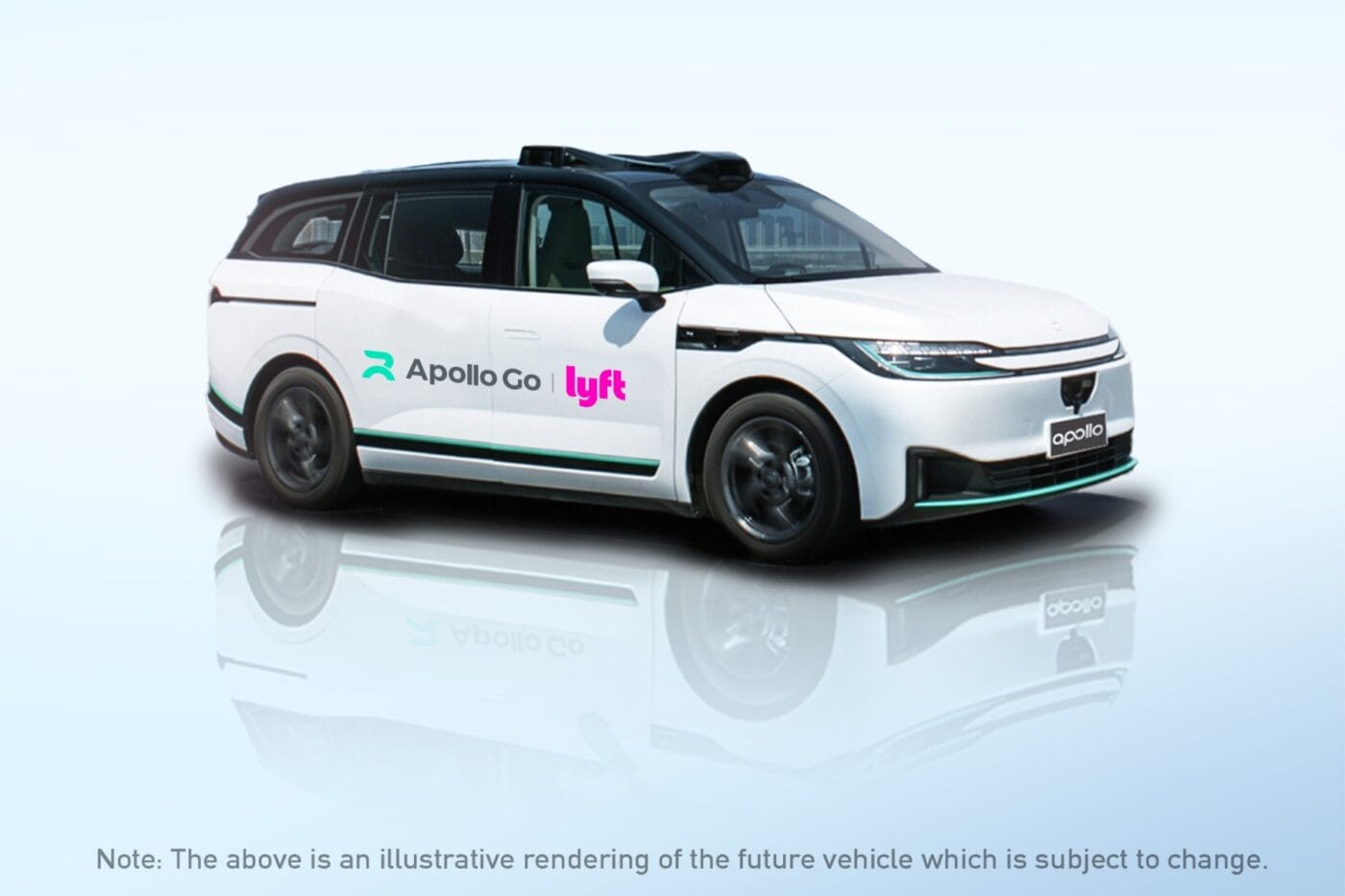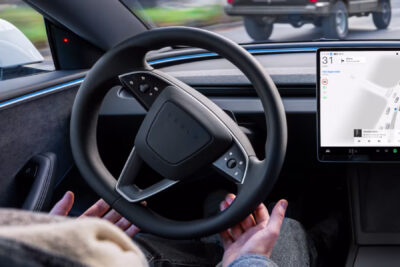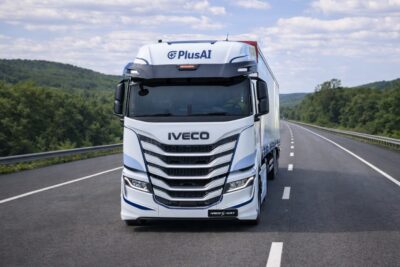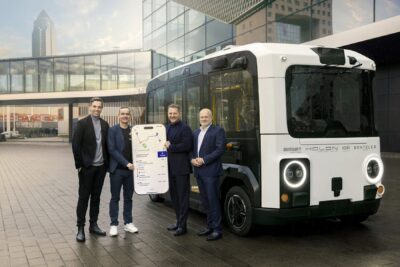Lyft and Baidu to launch autonomous electric ride-hailing in Europe from 2026
Baidu and Lyft have announced a strategic partnership that will see the deployment of Apollo Go’s autonomous electric vehicles on the Lyft platform in key European markets. The rollout will begin in Germany and the United Kingdom starting next year. However, the plan is still subject to regulatory approval.
The companies state that their long-term goal is to expand the fleet to thousands of vehicles across Europe.
Under the agreement, Lyft will integrate Baidu’s sixth-generation RT6 autonomous vehicles into its platform as a flagship autonomous vehicle (AV) offering for the region. The RT6, a purpose-built electric vehicle designed specifically for autonomous ride-hailing, features Baidu’s latest Apollo ADFM (Autonomous Driving Foundation Model), a multi-layer safety architecture, and real-time intelligent interaction systems.
“This collaboration represents our commitment to making autonomous mobility accessible worldwide while working with local partners who understand their communities,” said Robin Li, Co-founder, Chairman and CEO of Baidu. “By integrating Baidu’s cutting-edge autonomous driving technology with Lyft’s platform reach and operational expertise, we’re excited to deliver safer, greener, and more efficient mobility solutions to more users.”
The partnership gives Baidu a foothold in the European market, while Lyft enhances its AV strategy by incorporating fully electric autonomous vehicles into its offering. Lyft will retain ownership of the operational marketplace, while Baidu will provide vehicle supply, technology validation and technical support. According to the companies, this approach aligns with Lyft’s hybrid network model, where autonomous and human-driven vehicles coexist to optimise rider experience.
“Our partnership with Baidu is all about creating a great customer experience,” said David Risher, CEO of Lyft. “Their extensive track record operating the world’s largest autonomous ride-hailing service means we can bring all the benefits of AVs — safety, reliability, and privacy — to millions of Europeans.”
The partnership also leverages Lyft’s 2025 acquisition of FREENOW, a multi-modal platform with operations in over 180 cities across nine European countries. FREENOW’s local market knowledge, existing regulatory relationships, and infrastructure in the UK and Germany are seen as key enablers for the first phase of deployment.
Baidu just signed a similar agreement with Uber. Together, they will offer the Apollo Go cars in regions in Asia and the Middle East. However, no specific countries were named at this point.
What is clear is that Baidu’s robotaxi subsidiary, Apollo Go, already has a fleet of over 1,000 autonomous vehicles operating in 15 cities, including Dubai and Abu Dhabi. Baidu has long been ambitious in this field: The company has been experimenting with self-driving cars since 2013 and has now developed six generations of robotaxis in China. At the same time, its Apollo division is also making the technology available to car manufacturers. Baidu’s current robotaxi, called Yichi 06, has five lidars and no steering wheel. Apollo Go’s largest fleet of 400 robotaxis is currently on the road in Wuhan.





0 Comments